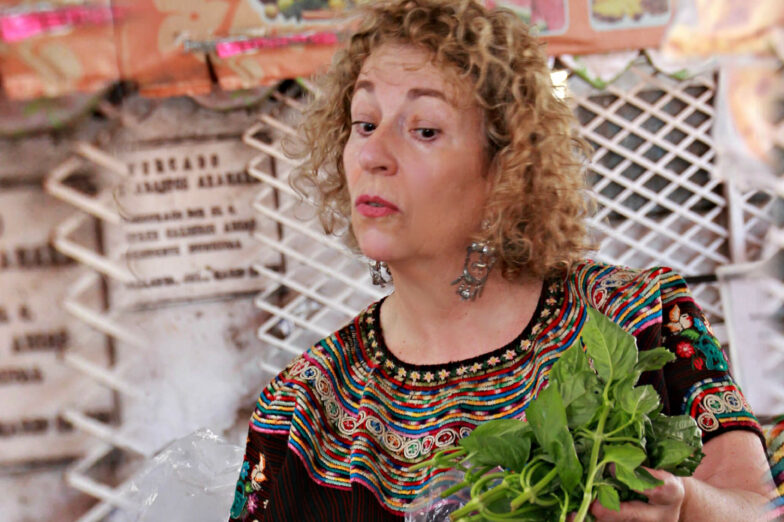June is Alzheimer’s and Brain Awareness Month, and it concerns us all to learn about and be involved in its prevention. The causes of Alzheimer’s disease is multifaceted but recently, a connection was made between cognitive decline and persistently elevated levels of glucose in the blood. We now refer to Alzheimer’s as Diabetes type 3.
Glucose is the food of our brain, that’s why we crave sweets when we are fatigued. Yet too much glucose is also detrimental for our brain: and that can lead to memory loss and cell aging. A diet high in refined carbohydrates is a major risk factor for dementia.
Refined carbohydrates, such as sugar and white flour, cause blood sugar to rise sharply and then drop; hence, the quick pick-me-up when we grab sugar followed by the just-as-quick letdown within an hour or two as glucose levels drop and fatigue and irritability return.
A fasting blood glucose test of 70 – 90 is considered normal. When blood sugar exceeds the 100-mark, I suggest taking the HbA1c test.
The Glycated hemoglobin test (or HbA1c), measures glucose metabolism over a 3-month period, and provides an overall picture of the average of your blood sugar levels. Once we have the knowledge, we can control blood glucose through diet, exercise, stress reduction and nutrients. Knowing your HBa1c is essential to prevent diabetes and inflammation, both of which are significant risk factors for brain shrinkage and Alzheimer’s.
Let me show you how to stay sharp and replace your refined carbohydrates without losing yummy foods.
Follow These Guidelines for Stable Blood Sugar
- Eat six small meals a day, or three normal meals with snacks in between.
- Always mix proteins and fats with carbohydrates.
- Do not consume refined sugar or flour.
- Don’t allow yourself to get hungry.
- Never eat carbohydrates alone— always include protein.
- Eat a little before exercise and after.
- Drink plenty of water. Compute half your body weight in lbs., and drink that same number of ounces of water each day: (150 lbs. = 75 oz. water daily).
- Add B Vitamins, Chromium, Vanadium and Berberine to manage your blood glucose.
Learn more on stabilizing blood sugar with an Integrative take and delicious recipes
Book: Preventing and Treating Diabetes Type 2, Naturally
Course: Preventing and Treating Diabetes Naturally
- The Soul of Basil - March 12, 2024
- A Comprehensive Guide to Natural Hypothyroidism Treatment - November 17, 2023
- Flexing Your Self-Care Muscle (and Your Client’s Too!) For Success - September 4, 2023

Are You Ready to Advance Your Career?
If you want to advance your career in integrative medicine, explore my courses and certifications.












